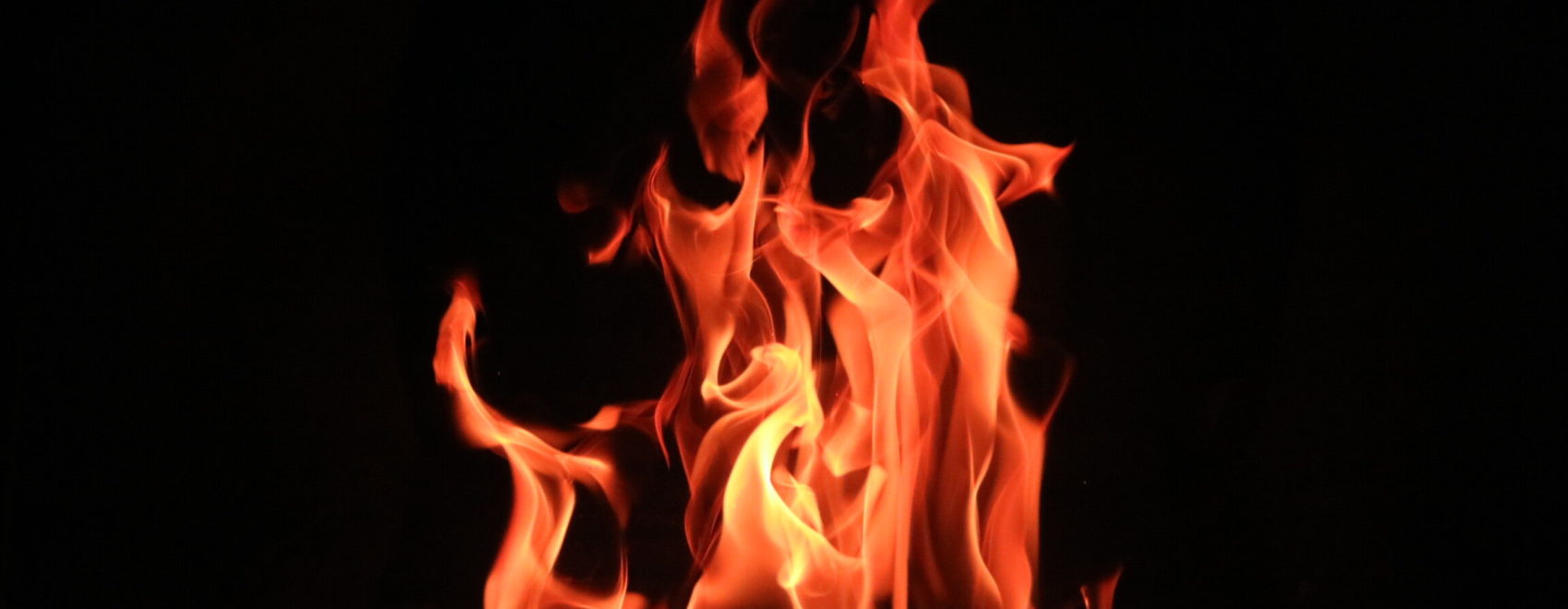Abstract: Fire has played a prominent role in the evolution of biodiversity and is a natural factor shaping many ecological communities. However, the incidence of fire has been exacerbated by human activity, and this is now affecting ecosystems and habitats that have never been fire prone or fire adapted. Kelly et al. review how such changes are already threatening species with extinction and transforming terrestrial ecosystems and discuss the trends causing changes in fire regimes. They also consider actions that could be taken by conservationists and policy-makers to help sustain biodiversity in a time of changing fire activity.
BY LUKE T. KELLY, KATHERINE M. GILJOHANN, ANDREA DUANE, NÚRIA AQUILUÉ, SALLY ARCHIBALD, ENRIC BATLLORI, ANDREW F. BENNETT, STEPHEN T. BUCKLAND, QUIM CANELLES, MICHAEL F. CLARKE, MARIE-JOSÉE FORTIN, VIRGILIO HERMOSO, SERGI HERRANDO, ROBERT E. KEANE, FRANK K. LAKE, MICHAEL A. MCCARTHY, ALEJANDRA MORÁN-ORDÓÑEZ, CATHERINE L. PARR, JULI G. PAUSAS, TRENT D. PENMAN, ADRIÁN REGOS, LIBBY RUMPFF, JULIANNA L. SANTOS, ANNABEL L. SMITH, ALEXANDRA D. SYPHARD, MORGAN W. TINGLEY, LLUÍS BROTONS. SCIENCE. 20 NOV 2020

